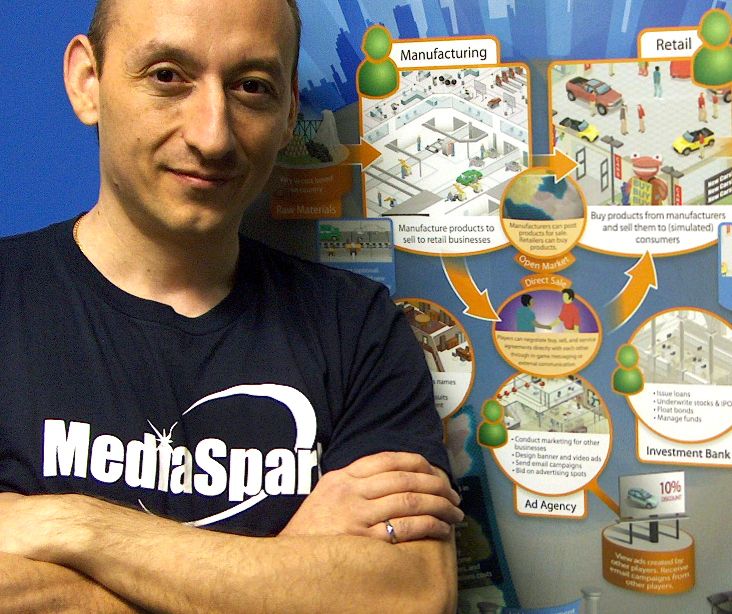225 reads
Assist Me In Designing a Board Game — Part 2
by
September 30th, 2024
Audio Presented by

CEO, entrepreneur, engineer, inventor, writer, and designer of educational games and simulations used by millions.
Story's Credibility

About Author
CEO, entrepreneur, engineer, inventor, writer, and designer of educational games and simulations used by millions.
